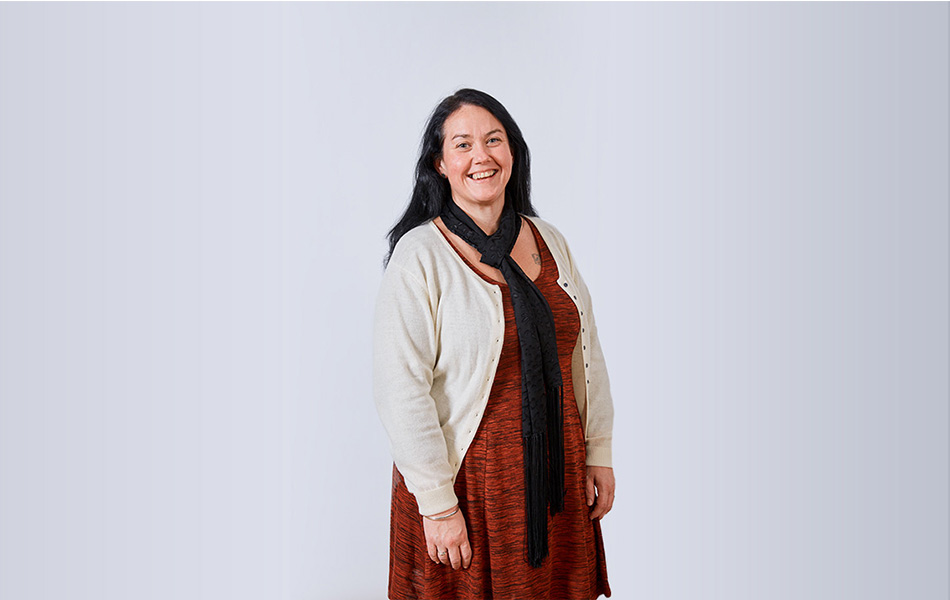
“It's the context that makes the word damaging. Being called 'fat' by a passing stranger can leave you feeling upset, angry and even worthless. But what about when a doctor says he is concerned that your body is holding too much fat?“

What should we call it? It is surprising how much focus we put on answering this question when talking about obesity. Some people prefer "fat" because they think it is a factual description. Others are offended by "fat" and prefer "obese" because it is an objective, clinical term.
Attending a recent UK conference on obesity and weight management, I heard a speaker refer to people of "higher weight". This drew a very negative response among certain sections of the audience, who clearly felt this was both stigmatising and offensive.
“It's the context that makes the word damaging. Being called 'fat' by a passing stranger can leave you feeling upset, angry and even worthless. But what about when a doctor says he is concerned that your body is holding too much fat?“
I actively participate in organisations that support people living with obesity. I feel stigma is a very important aspect of the challenge and, of course, this is where definitions - and disagreements about definitions - arise. As we are all individuals, it is difficult to please everyone. What one person might find offensive, another won’t.
For me, it's the context that makes a word damaging. Being called "fat" by a passing stranger can leave you feeling upset, angry and even worthless. But what about when a doctor says to you: "I'm concerned that your body is holding too much fat, and that this could cause future health issues." Does that leave you with the same feelings?
Obesity is usually seen as self-inflicted, and this opens up people to ridicule, discrimination and bullying. So, on leaving the conference, I was concerned that so much focus had been placed on "what do we call it?" Isn't the "eat less, move more" stigma much more concerning than what the disease itself is called?
What people don't realise is that I am active. I've had a full-time physical job since leaving school. I've also had a personal trainer and attend a gym and daily swimming sessions. So go ahead and call me fat, overweight, higher weight, big-boned, or whatever you want. But if you feel the need to judge me, do it based on your own observations, not on what you are told by the media, or by professionals with no experience or understanding of what living with obesity is actually like.
“I've had a full-time physical job since leaving school. I've also had a personal trainer and attend a gym and daily swimming sessions”
In my opinion, conferences and other forums where obesity is discussed would benefit from better communication between academics and patients. Such dialogue would contribute to a better understanding of the challenges faced by people with obesity, and inform a better strategy to move forward with one voice. And not with just one limited, stigmatising word.
